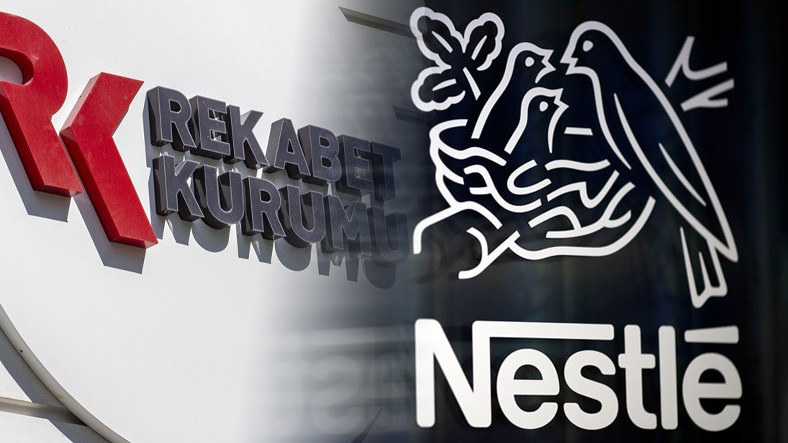Competition Authority, one of the leading food retailers to Nestlé He completed the investigation he had started. It was decided to impose an administrative fine on the brand found to have violated Article 4 of the Law on the Protection of Competition No. 4054. The fine resulting from the Competition Authority’s investigation against Nestle, 346 million 911 thousand 505 TL It was recorded as. This fine was calculated based on the annual turnover of Nestle Türkiye Gıda Sanayi AŞ.
According to the Competition Authority’s statement, Nestle Türkiye Gıda Sanayi AŞ determines the resale prices of its distributors, Due to regional and customer restrictions It violated Article 4 of the Competition Protection Law No. 4054. In this case, the giant company should be fined. unanimously It was decided.
The Competition Authority’s statement read as follows:

The investigation into allegations that Nestle Türkiye Gıda Sanayi AŞ violated Article 4 of Law No. 4054 on the Protection of Competition by determining the resale prices of its distributors and imposing regional and customer restrictions on its distributors has been completed.
Following the discussion of the file by the Competition Council on 15.02.2024; It was decided that Nestle Türkiye Gıda Sanayi AŞ violated Article 4 of Law No. 4054 on the Protection of Competition, and therefore an administrative fine should be imposed on the company in question.
To access the explanatory text of the decision number 24-08/149-61, dated 15.02.2024, the justification of which will be communicated later, with the possibility of judicial appeal to the Administrative Courts of Ankara. click here.
What does Article 4 of Law No. 4054 on the Protection of Competition say?

Article 4 – Agreements between undertakings, concerted practices and similar decisions and actions of associations of undertakings the object of which is to prevent, distort or restrict, directly or indirectly, competition on a particular market for goods or services or which have or may have such effect , are illegal and prohibited.
These situations are in particular:
a) Determining the purchase or sale price of goods or services, the factors that make up the price, such as costs, profit and all kinds of purchase or sale conditions,
b) Sharing or controlling market resources or elements of all kinds by dividing markets for goods or services,
c) Controlling the demand or supply quantity of goods or services or determining it outside the market,
d) Complicating or restricting the activities of competing enterprises, or excluding enterprises from the market through boycott or other conduct, or preventing new entrants from entering the market,
e) Applying different conditions to persons of equal status for equal rights, obligations and actions, with the exception of exclusive franchise;
f) Contrary to the nature of the contract or commercial practice, requiring the purchase of another good or service together with a good or service, or making a good or service requested by buyers acting as intermediaries dependent of the buyer’s display of another good or service, or the enforcement of conditions relating to the re-delivery of a purchased good or service,
In cases where the existence of an agreement cannot be proven, the fact that price changes on the market or in the balance between supply and demand or in the areas of activity of the undertakings are comparable to those on markets where competition is prevented, constitutes distorted or limited, a presumption that the undertakings are involved in concerted action.
Provided it is based on economic and rational facts, each party can avoid liability by proving that it did not act in concert.
Follow Webtekno on Threads and don’t miss the news















